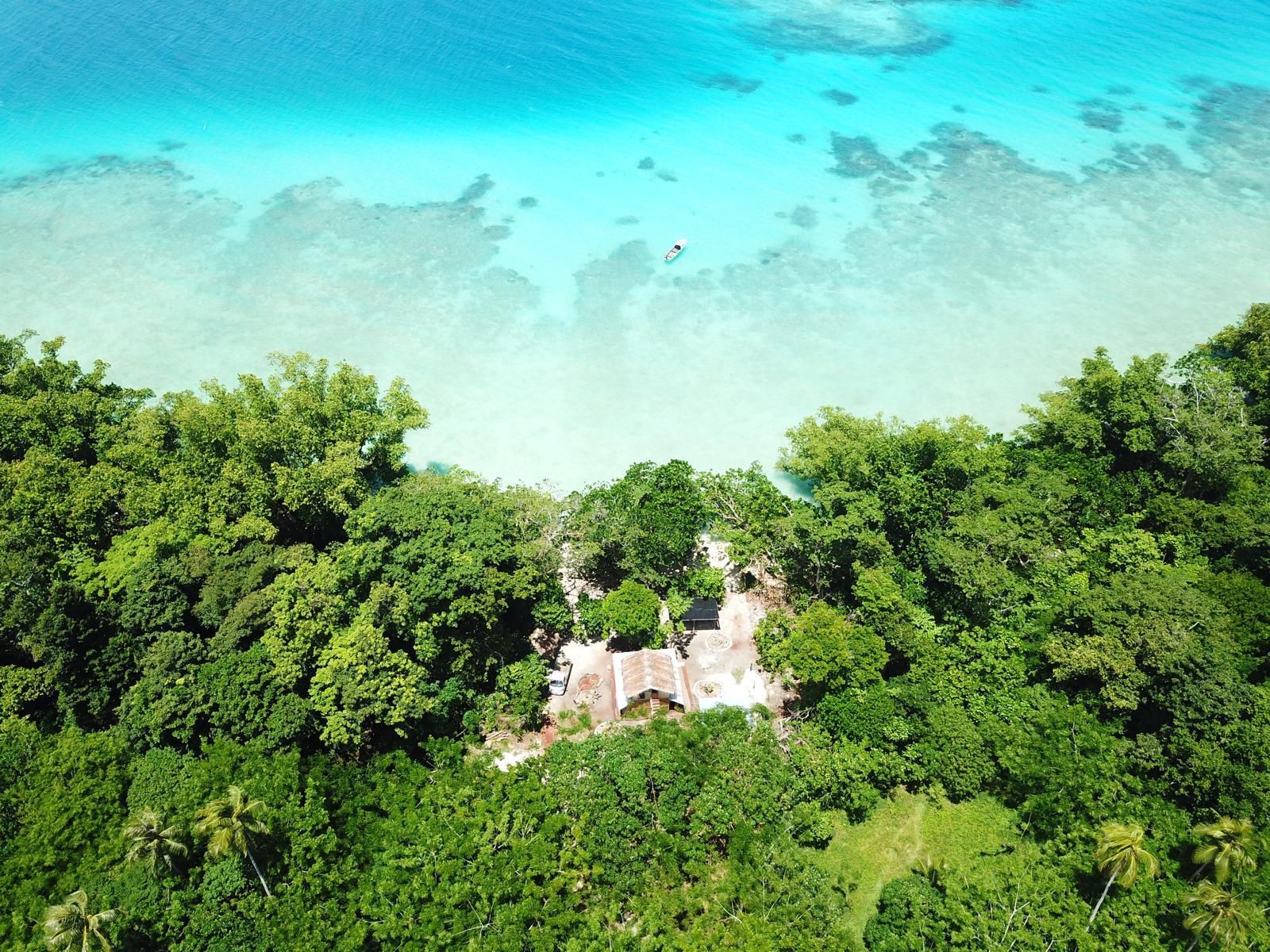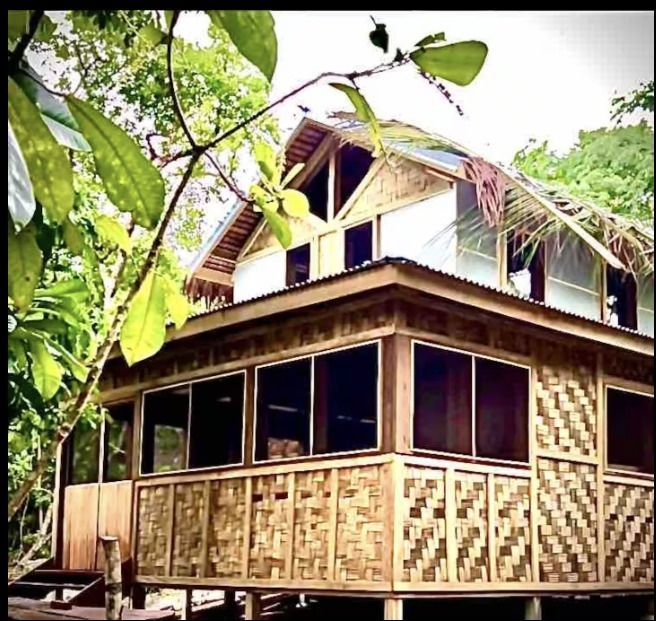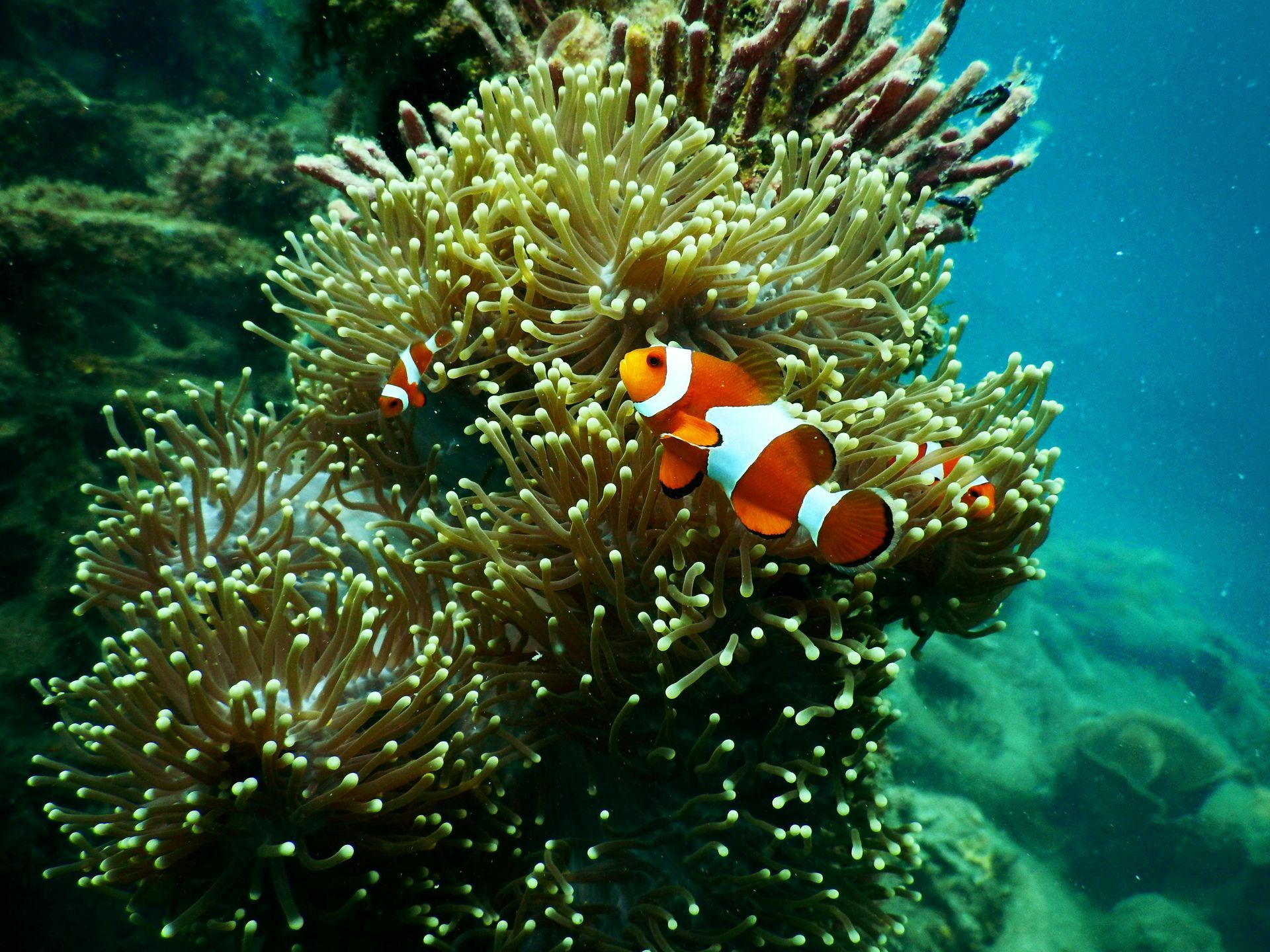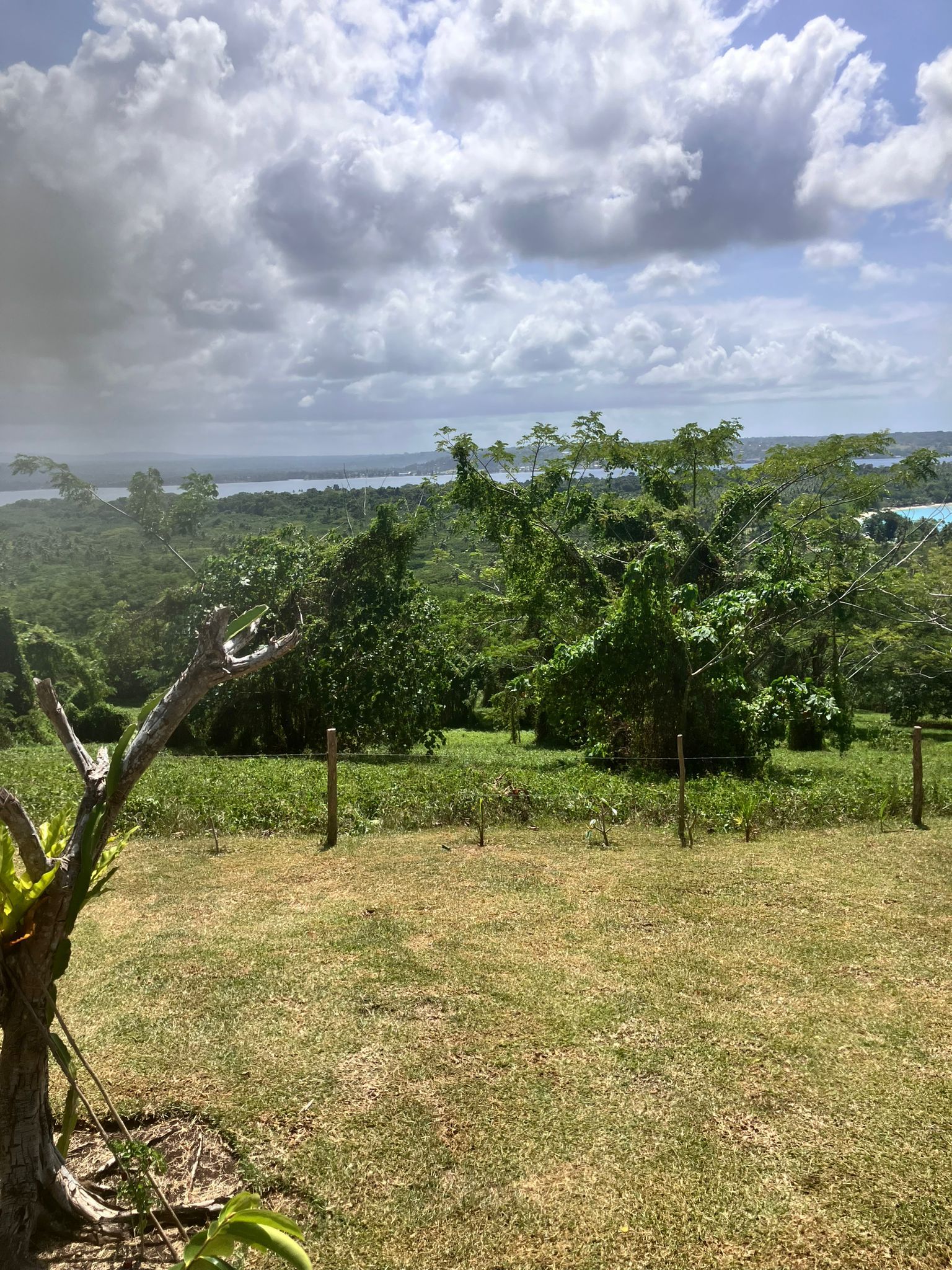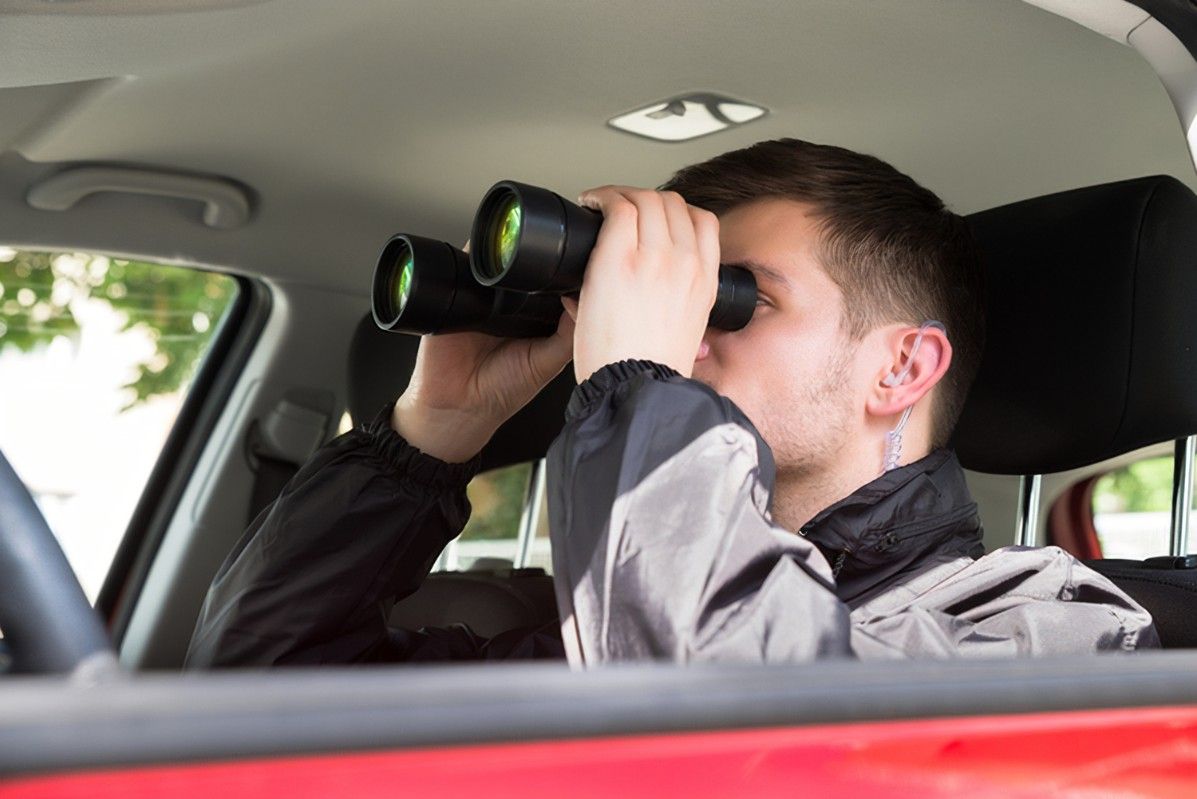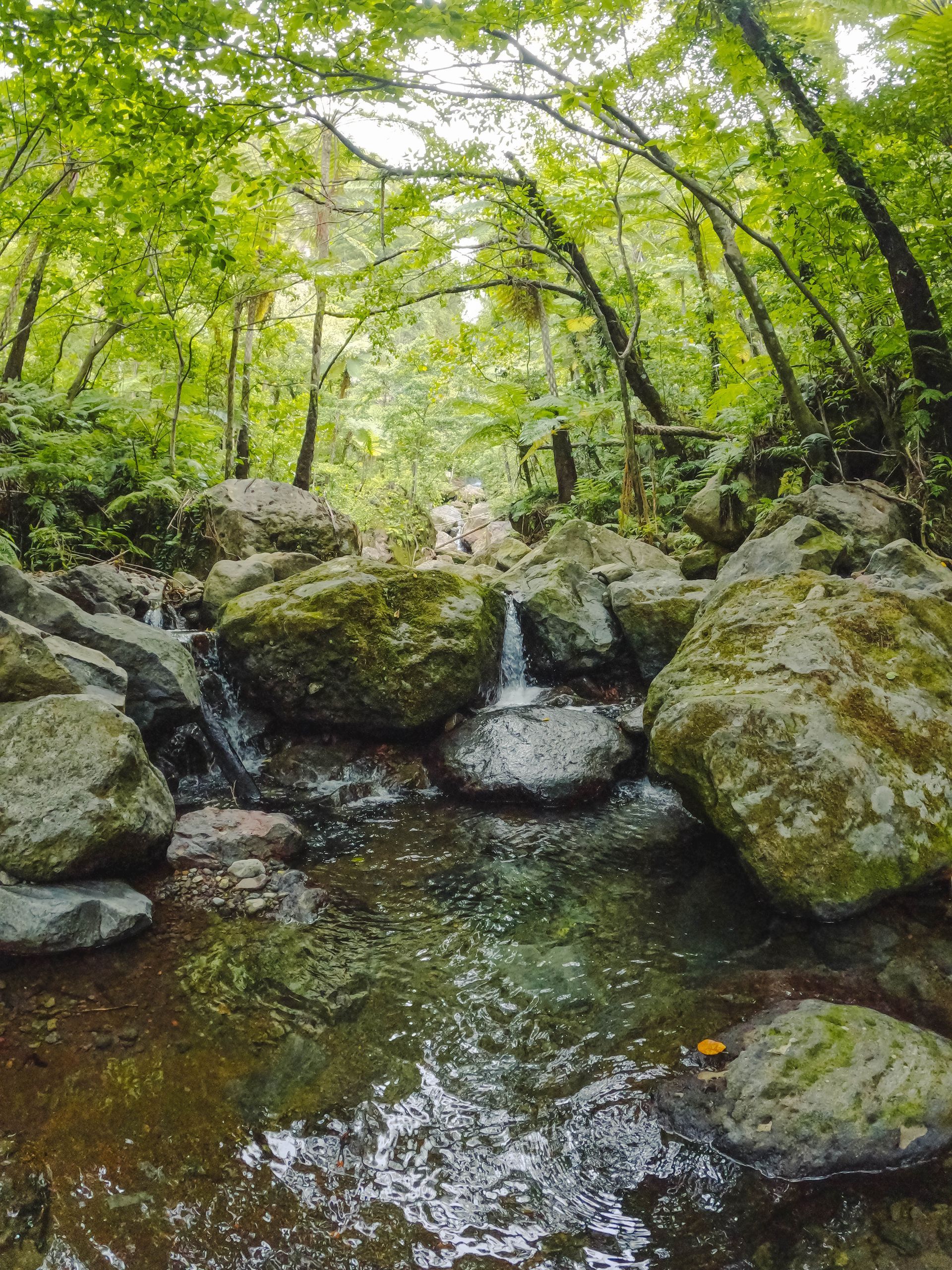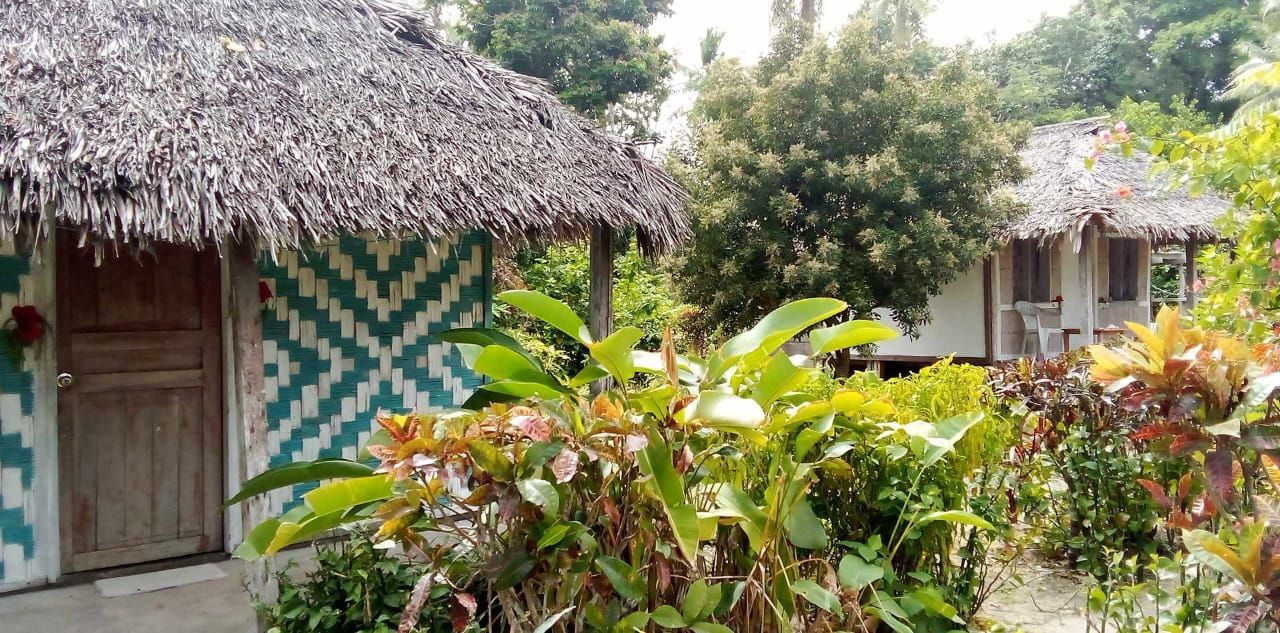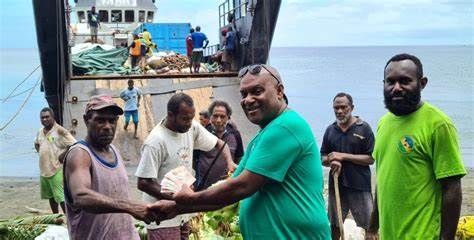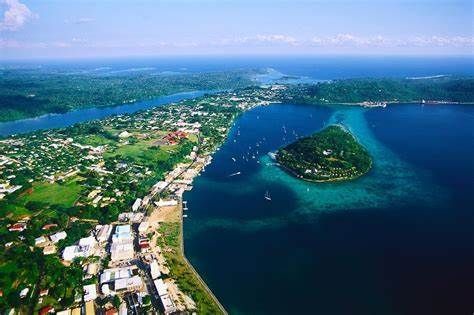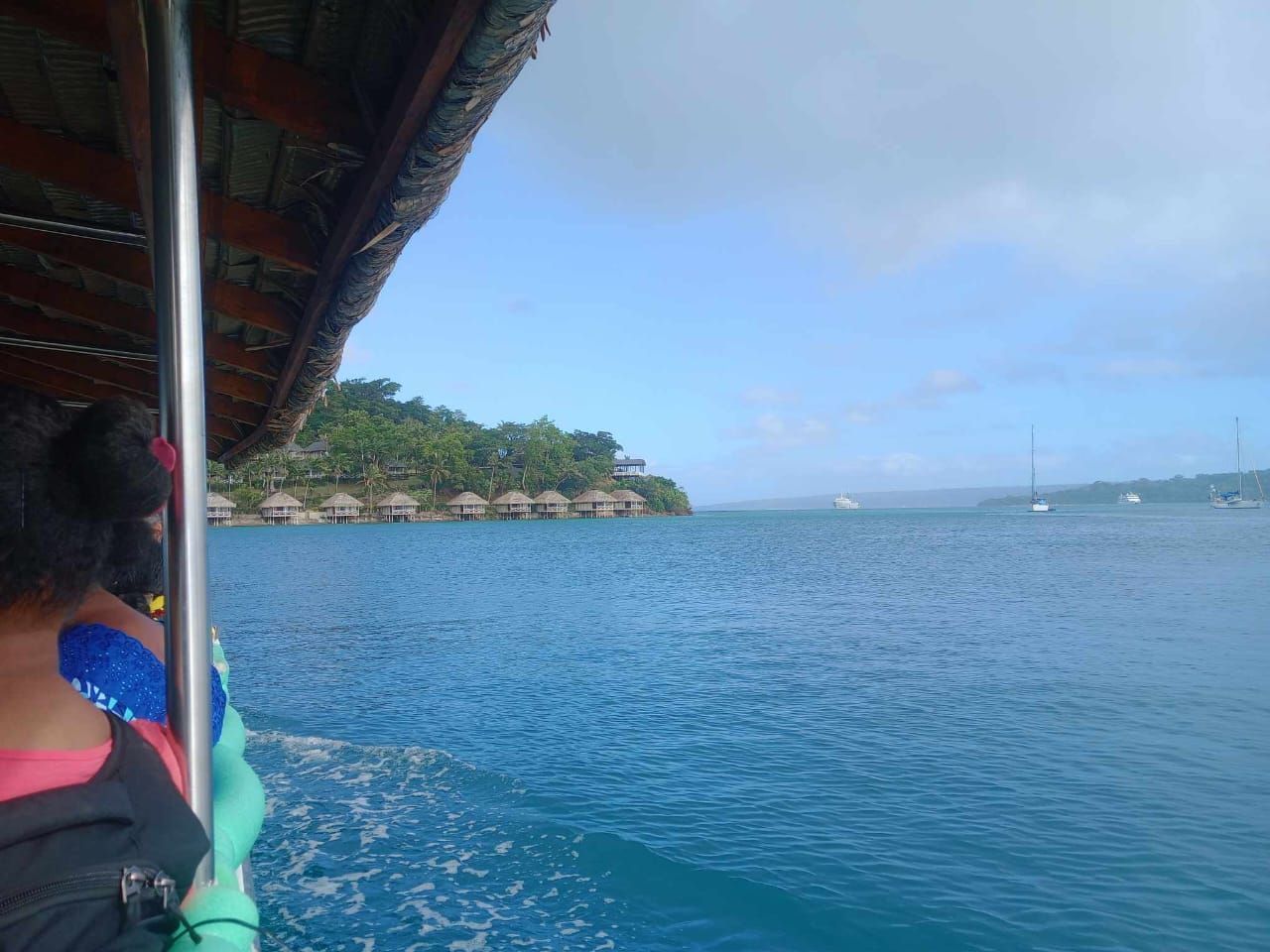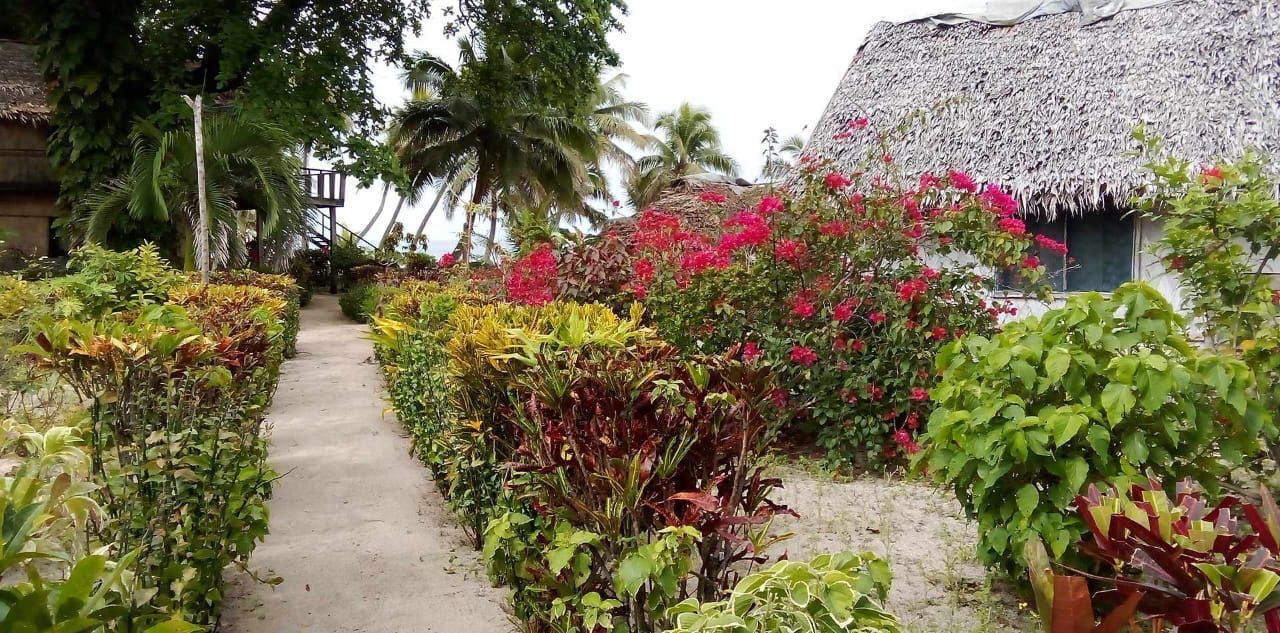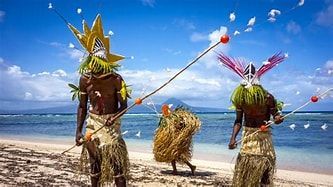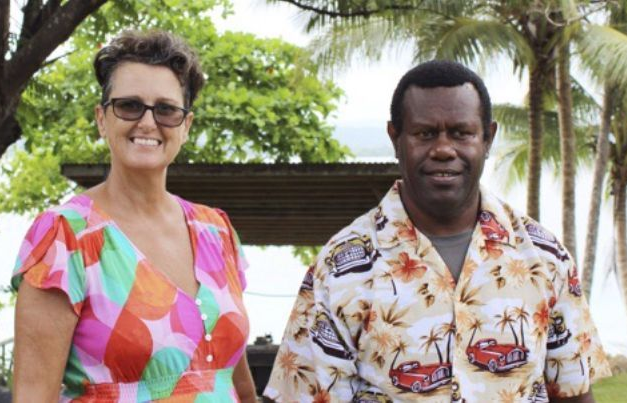Discovering the Wonders of Free Diving in Vanuatu
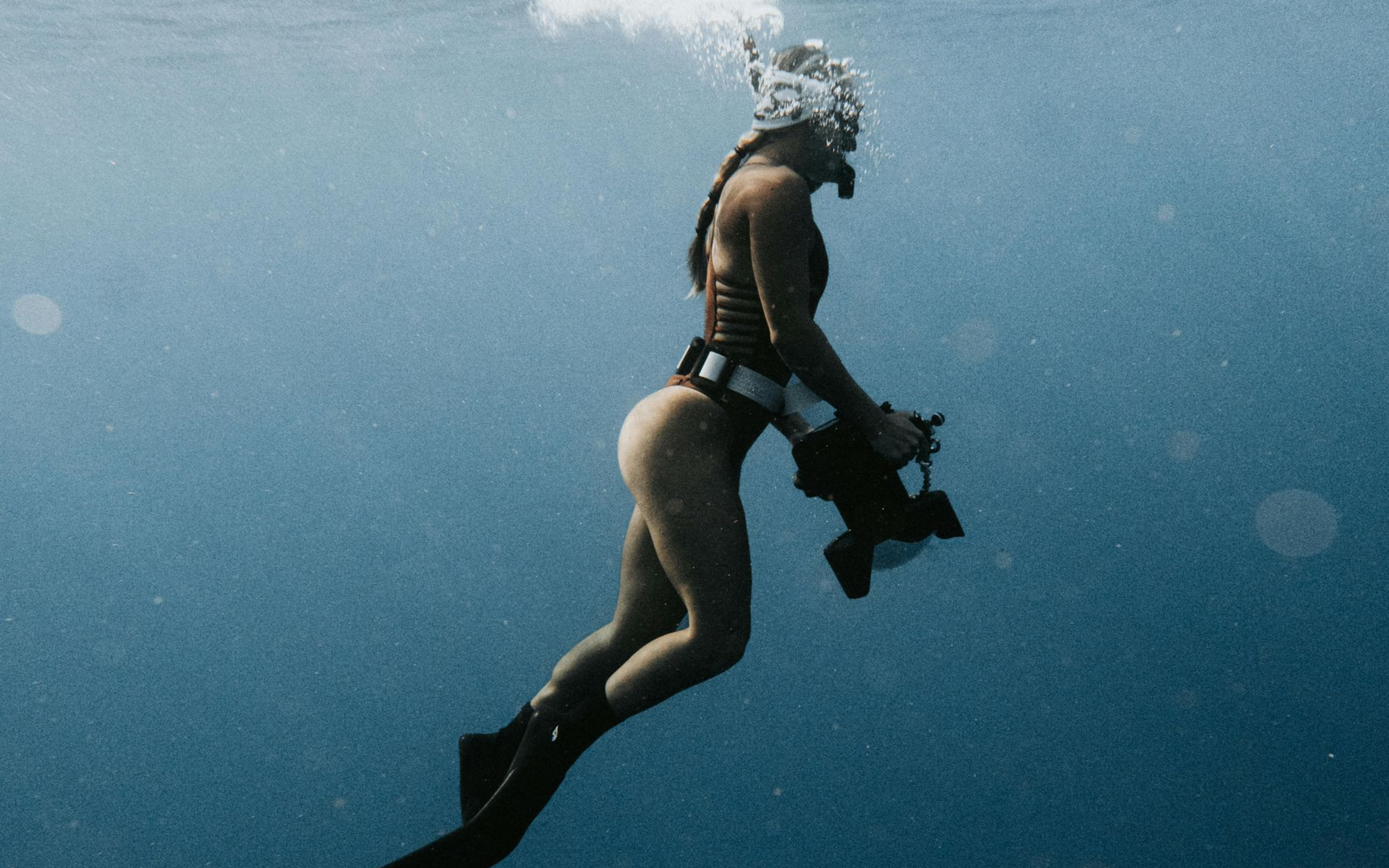
7 min Read
Share
Discovering the Wonders of Free Diving in Vanuatu
Nestled in the heart of the South Pacific, Vanuatu is a tropical paradise renowned for its pristine beaches, vibrant coral reefs, and rich cultural traditions. While the islands are celebrated for lush jungles, cascading waterfalls, and cultural festivals, one of the most captivating experiences you can have here lies beneath the surface — free diving in Vanuatu.
Unlike traditional scuba diving, free diving offers an unmatched sense of freedom. You dive on a single breath, no heavy tanks or noisy gear, just you and the ocean. This creates a deep sense of connection with the water, allowing you to glide silently alongside marine creatures and truly immerse yourself in the magic of Vanuatu’s undersea world.
Why Choose Free Diving in Vanuatu?
Free diving is booming worldwide, but Vanuatu stands out as a premier destination for several reasons:
- Crystal-Clear Waters: Visibility often extends 30 meters or more, making it perfect for spotting coral formations and marine life.
- Rich Biodiversity: Over 2,000 species of fish, turtles, rays, and reef sharks call these waters home.
- Unique Wrecks and History: WWII relics, sunken ships, and forgotten artifacts lie scattered on the seafloor, offering free divers an element of exploration.
- Untouched Coral Gardens: Unlike more crowded destinations, Vanuatu’s reefs remain vibrant, healthy, and largely undiscovered.
For both beginners and advanced divers, the islands deliver a mix of calm lagoons, dramatic drop-offs, and historical wrecks that cater to every level.
Top Free Diving Spots in Vanuatu
1. Million Dollar Point – Espiritu Santo
Million Dollar Point is one of the world’s most fascinating dive sites. After WWII, U.S. forces dumped trucks, tanks, and construction equipment into the sea, creating an underwater graveyard of history. For free divers, it’s an eerie yet mesmerizing playground. Schools of fish weave in and out of the wreckage, coral grows on machinery, and the silent descent feels like entering another era.
2. SS President Coolidge – A WWII Giant
The SS President Coolidge is among the largest and most accessible shipwrecks in the Pacific. Sunk during WWII, it’s now an artificial reef teeming with marine life. While scuba divers often explore the deeper sections, free divers can experience its haunting outlines, hull structures, and coral-covered remnants closer to the surface. This site is recommended for experienced free divers due to currents and depth, but the reward is unmatched.
3. Santo Island Reefs
Santo Island boasts waters so clear you can often see the sandy bottom from your boat. Its extensive coral gardens are filled with tropical fish, turtles, and eagle rays. Free divers come here for the tranquility — floating above vibrant reefs, suspended in silence, with only the sound of your heartbeat and the ocean’s rhythm.
4. Aore Island – Perfect for Beginners
Aore Island, just off Santo, is ideal for those new to free diving. Calm waters, shallow reefs, and easy access from the beach make it a perfect training ground. The coral gardens here are alive with clownfish, butterflyfish, and even the occasional turtle, giving beginners a taste of Vanuatu’s underwater treasures without the pressure of depth.
Marine Life Encounters
Free diving in Vanuatu isn’t just about landscapes — it’s about encounters. Expect to see:
- Sea Turtles gliding gracefully past.
- Manta Rays sweeping through plankton-rich waters.
- Reef Sharks cruising the outer walls — curious but not aggressive.
- Colorful Coral Species, from brain corals to staghorn forests.
- Massive Schools of Fish, creating shimmering walls of silver around you.
Every descent offers something different. One moment, you’re face-to-face with a curious grouper; the next, you’re drifting above coral gardens painted in every color imaginable.
Tips for Free Diving in Vanuatu
- Get Training – New to free diving? Local schools and operators offer beginner courses that cover breath-hold techniques, equalization, and safety.
- Always Dive with a Buddy – Never free dive alone. Safety is key.
- Respect the Reef – Avoid touching coral or chasing marine life. Practice eco-conscious diving.
- Check Conditions – Vanuatu’s weather can change quickly. Local guides know the safest spots for the day.
- Use a Dive Float – Especially important in open water or areas with boat traffic.
Beyond the Water: The Vanuatu Experience
One of the biggest advantages of choosing Vanuatu for free diving is that the adventure doesn’t stop once you surface. The islands themselves are alive with cultural and natural wonders:
- Cultural Villages: Experience traditional dances, kava ceremonies, and fire walking.
- Blue Holes: Freshwater springs surrounded by jungle — perfect for snorkeling or practicing static breath-holds.
- Volcano Treks: On Tanna Island, Mount Yasur offers a rare chance to stand at the edge of an erupting volcano.
- Island Hospitality: The warmth of Ni-Vanuatu people ensures every visitor feels like family.
Why Vanuatu Over Other Destinations?
When people think of diving, names like Fiji, Bali, or the Great Barrier Reef come to mind. But Vanuatu offers something different — authenticity. It’s less commercialized, less crowded, and feels like discovering a secret world few travelers know about.
For free divers, this means:
- Unspoiled reefs with little competition for space.
- Unique WWII wrecks not found elsewhere.
- A balance of relaxation and adrenaline in one destination.
Planning Your Free Diving Trip
- Best Time to Visit: April to October offers cooler, drier weather with calmer seas.
- Getting There: Daily flights connect Vanuatu to Australia, New Zealand, and Fiji. From Brisbane, it’s only about 2.5 hours.
- Where to Stay: Santo and Aore offer beachfront resorts ideal for divers. Port Vila, the capital, provides a hub for tours and onward travel.
- Local Operators: Choose licensed dive schools and guides who specialize in eco-conscious practices.
In Summary
Free diving in Vanuatu is more than just a sport — it’s a transformative journey. With every breath you hold, you step deeper into an underwater world where silence reigns, history sleeps, and marine life flourishes. From the haunting wreck of the SS President Coolidge to the beginner-friendly reefs of Aore Island, Vanuatu offers experiences that stay with you long after you leave.
For adventurers, ocean lovers, and seekers of serenity, Vanuatu is not just a destination — it’s a revelation. So, take that deep breath, let the Pacific embrace you, and discover the wonders waiting beneath Vanuatu’s turquoise waters.
1. Is Vanuatu good for beginner free divers?
. Is Vanuatu good for beginner free divers?
Yes. Places like Aore Island have calm, shallow waters perfect for learning.
2. What is the best season for free diving in Vanuatu?
2. What is the best season for free diving in Vanuatu?
April to October offers dry weather, clear visibility, and calm seas.
3. What can I see while free diving in Vanuatu?
3. What can I see while free diving in Vanuatu?
Expect turtles, manta rays, reef sharks, colorful coral gardens, and WWII wrecks.
4. Do I need special training?
4. Do I need special training?
Beginners should take a short free diving course to learn breath-hold, equalization, and safety.
5. Are wrecks like the SS President Coolidge safe for free diving?
5. Are wrecks like the SS President Coolidge safe for free diving?
Only for advanced divers — beginners should stick to shallower sites like Million Dollar Point.
6. Can I rent free diving gear in Vanuatu?
6. Can I rent free diving gear in Vanuatu?
Yes, local operators rent high-quality masks, fins, and wetsuits.
7. How do I get to the top diving spots?
7. How do I get to the top diving spots?
Fly into Port Vila, then connect to Espiritu Santo. Local operators provide transfers to reefs and wrecks.
8. Is it safe to free dive in Vanuatu?
8. Is it safe to free dive in Vanuatu?
Yes, when diving with a buddy, checking conditions, and following local guide instructions.
9. Why choose Vanuatu over Fiji or Bali?
9. Why choose Vanuatu over Fiji or Bali?
Vanuatu is less crowded, more authentic, and home to unique WWII wrecks and untouched coral reefs.
10. Can non-divers enjoy these locations?
10. Can non-divers enjoy these locations?
Absolutely. Many spots are also perfect for snorkeling, swimming, or relaxing on the beach.

